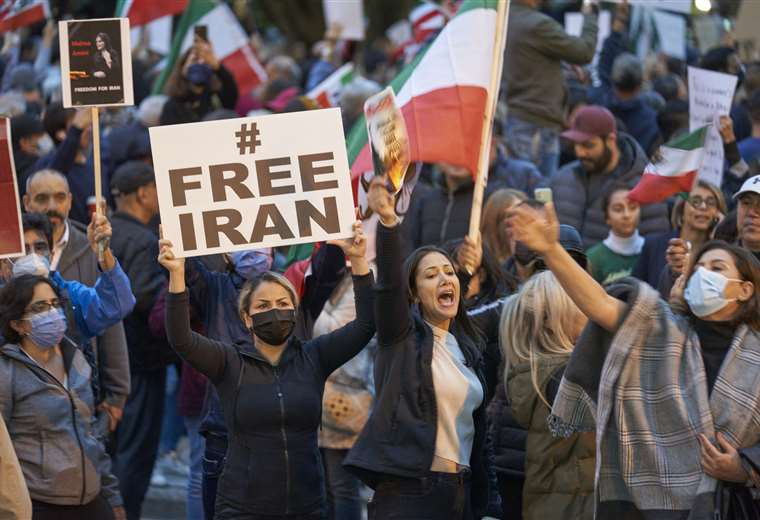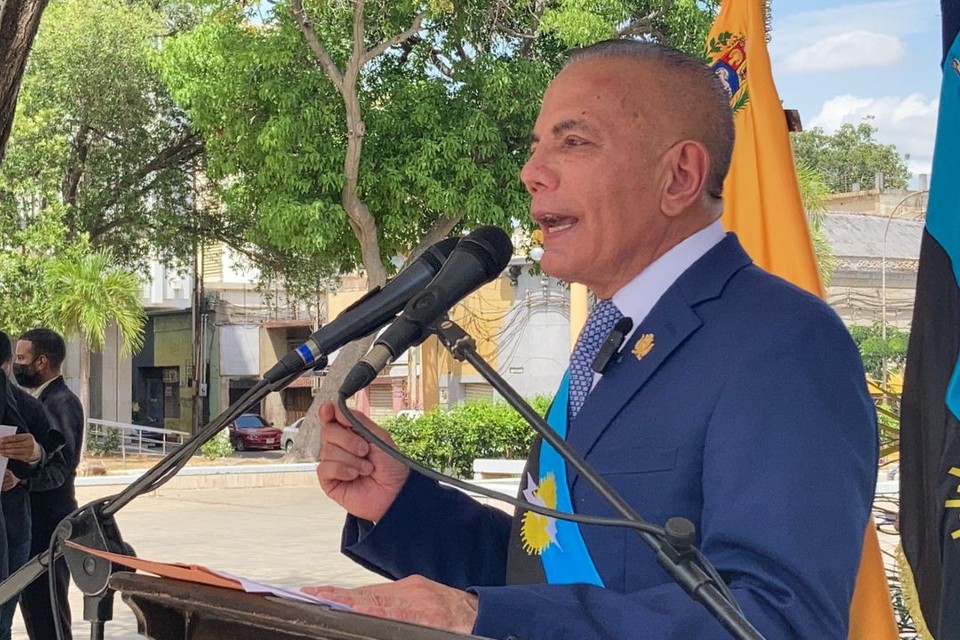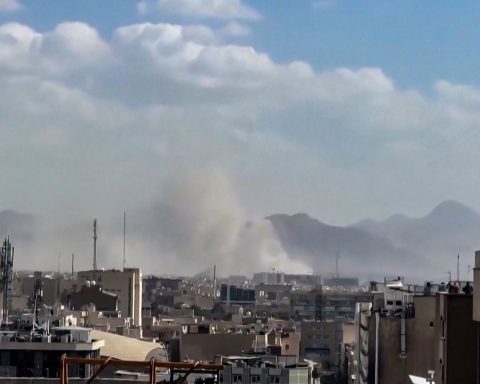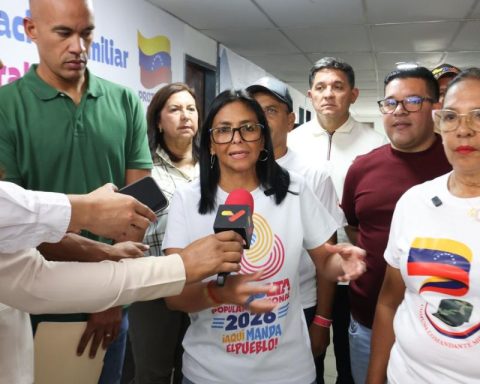This Sunday’s elections for the renewal of the Italian Parliament and the election of a new government also represent the premiere of the agreements signed with the main social networks to prevent the appearance of “fake news” in the electoral field.
With the aim of “promoting access to verified information”, the Italian Ministry of the Interior signed agreements with Twitter and Meta before the electionsthe American company responsible for Facebook and Instagram.
In the case of Twitter, the use of electoral term labels will give the user the possibility of going directly to the official site of the elections developed by the Ministry of the Interior, the person in charge of the elections.
The agreement also provides for the creation of an emoji dedicated to elections that is activated with the formula “ElezioniPolitiche2022” (Political Elections 2022).
“These initiatives are part of our ongoing work to make Twitter a welcoming and also safe platform to talk about politics,” Silvia Caneva, public policy manager of the technology company, said when presenting the agreement.
“These initiatives are part of our ongoing work to make Twitter a welcoming and safe platform to discuss politics.”
In the case of Meta, the social networks Facebook and Instagram posted reminders of the election for their users over 18 years of age with direct links to the Ministry of the Interior site “where they find all the verified information,” as announced.
Also, with the use of three “official” tags, users can be directed directly to the election site.
The agreements, however, did not prevent the electoral ban from being broken in record time. Just two minutes after midnight from Friday to Saturday, when the leaders were called to silence until 11 pm this Sunday, the leader of the Carlo Calenda Action Party used Twitter to ask for the voters’ vote.
Vote, vote freely, senza condizionamenti e senza paure.
L’Italia is always più forte di chi la vuole debole. pic.twitter.com/AW6PjK6SCH— Carlo Calenda (@CarloCalenda) September 25, 2022
















